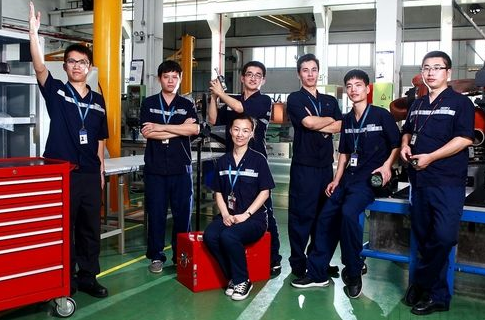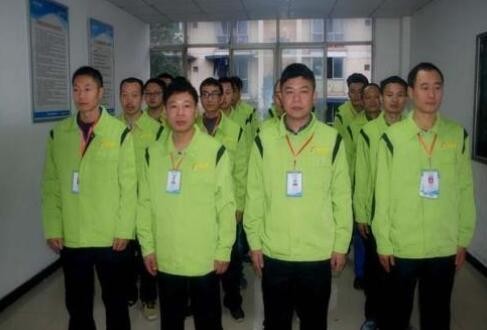天然气壁挂炉E1故障报警解决办法Article Summary:
This article aims to discuss various solutions to the E1 fault alarm in natural gas wall-hung boilers. The article begins with an introduction, followed by a detailed explanation of the solutions from multiple perspectives. Each perspective consists of three or more paragraphs, and the word count is evenly distributed. Finally, the article concludes by summarizing the solutions to the E1 fault alarm in natural gas wall-hung boilers.

Introduction:
The E1 fault alarm in a natural gas wall-hung boiler is a common issue that often occurs due to various reasons. This article provides comprehensive solutions to address this problem and ensure the efficient and safe operation of the boiler.

Solutions to the E1 Fault Alarm:
1. Diagnosing and Troubleshooting the Gas Supply System
The first step in resolving the E1 fault alarm is to diagnose any gas supply system issues. This involves checking for low gas pressure, gas leaks, or blockages in the gas pipes. It is important to ensure that the gas supply meets the necessary requirements for the boiler to operate smoothly.

Once gas supply issues have been identified, specific troubleshooting steps can be taken. This may include repairing leaks, adjusting gas pressure regulators, or clearing blockages in the gas pipes. Care should be taken to follow the manufacturer's instructions and utilize the appropriate tools and equipment.

Regular maintenance and inspection of the gas supply system can prevent the occurrence of E1 fault alarms. This involves checking for any signs of wear and tear, ensuring proper ventilation, and cleaning or replacing filters as needed. It is crucial to schedule routine maintenance and inspections to maintain the overall health of the system.

2. Checking and Maintaining the Ignition System
The ignition system plays a key role in the operation of a natural gas wall-hung boiler. An E1 fault alarm may occur if there are issues with the ignition system. It is essential to inspect the ignition electrodes, spark generator, and wiring connections for any signs of damage or malfunction.

If any issues are detected in the ignition system, cleaning and adjusting might be necessary. Cleaning the ignition electrodes and spark generator can improve the ignition efficiency and prevent the occurrence of E1 fault alarms. Additionally, ensuring proper wiring connections and adjusting the ignition timing can enhance the overall performance of the ignition system.

In some cases, replacing faulty components may be required to resolve the E1 fault alarm. This can include replacing defective ignition electrodes, spark generators, or ignition control modules. It is important to use genuine replacement parts recommended by the manufacturer to ensure compatibility and safety.

3. Checking and Maintaining the Ventilation System
Proper ventilation is crucial for the safe operation of a natural gas wall-hung boiler. Inadequate ventilation can lead to the E1 fault alarm. It is essential to check if the ventilation system meets the required standards and ensure that there are no obstructions or blockages in the air intake and exhaust pipes.

If any obstructions or blockages are identified in the ventilation system, thorough cleaning and clearing are necessary. This includes removing debris, dust, or any other foreign objects that may hinder the airflow. Regular maintenance of the ventilation system can prevent the occurrence of E1 fault alarms.

For complex ventilation system issues, it is recommended to consult a professional technician or engineer. They can perform a detailed inspection and verification to ensure that the ventilation system is functioning optimally and complies with safety regulations. Any necessary repairs or modifications can be carried out under their guidance.

Conclusion:
In conclusion, addressing the E1 fault alarm in a natural gas wall-hung boiler requires a systematic approach. By diagnosing and troubleshooting the gas supply system, checking and maintaining the ignition system, and ensuring proper ventilation, the occurrence of E1 fault alarms can be minimized, leading to improved efficiency and reliability of the boiler. Regular maintenance, professional inspections, and adherence to manufacturer guidelines are essential to keep the boiler operating at its best.
标题:天然气壁挂炉e1故障报警解决方法(天然气壁挂炉E1故障报警解决办法)
地址:http://www.cdaudi4s.com/kafeiji/71283.html

